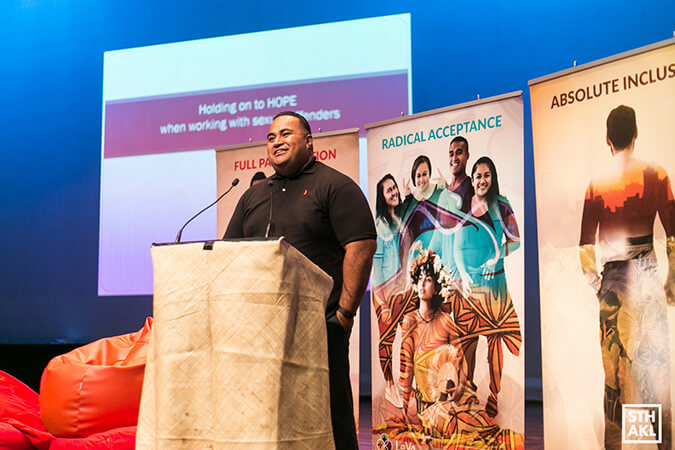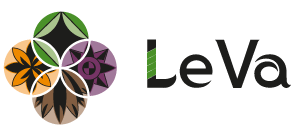- Home
- /
- GPS conference
- /
- Holding on to hope when working with sexual offenders

Holding on to hope when working with sexual offenders
Guest blog from Rokeni Tofaeono, Clinical Manager, Adult Services, Safe Network Auckland
|
The Safe Network operates the largest community-based specialist clinical assessment and treatment service in Aotearoa for people with concerning and harmful sexual behaviour towards children. Safe specialises in working with adults and adolescents to address their harmful sexual behaviour. Specialist clinicians also work with children who have problematic or concerning sexual behaviours, assisting them to learn to express themselves in healthier ways. The Amanaki (Tongan word for hope) Pasifika service was developed in 2007 in response to a growing number of Pasifika clients being referred by CYF and Corrections. The clinicians that are a part of this service are both culturally and clinically competent, fluent in their Pacific language and cultural knowledge in order to meet the needs of Pasifika clients. It offers specialist clinical assessment and treatment services for Pasifika children (5-12 years), youth (13-17 years) and adults (18 years and over). |

At #GPS2016 the Safe Network Amanaki Pasifika service presentation focused on how evidence-based clinical practice was being incorporated with Pacific models and frameworks of practice to work with clients with harmful sexual behaviours. The work with the Talavou (youth) service was discussed using the themes of the GPS conference.
Radical acceptance
An acceptance that sexual offending is happening in our community and the need for all sectors (education, prevention and treatment providers) to work more collaboratively with our Pasifika communities to address the issue of sexual violence.
Absolute inclusion
We live in a multi-cultural society where social media, pop music and hip hop culture have a strong influence on our Pacific youth.
A majority of our clients report feeling disengaged with their identity, struggling to meet family, academic, social and cultural expectations and state that they feel ‘lost’. This speaks to a wider issue in our Pacific communities about hierarchy.
Absolute inclusion involves everyone in a client’s life having courageous conversations, to start the dialogue between parents and youth about understanding their perspective, compromise and change.
Full participation
Family is a key component of therapy when working with Pasifika clients. Acknowledging the shame that sits in the therapy room with Pasifika clinicians and clients is addressed at the beginning and used to model that we are all here for the same purpose and that family work is to give them the knowledge, resources and support that they need to help to prevent the harmful sexual behaviour from reoccurring.
Full participation challenges families to fully engage in the therapeutic process and demonstrate a willingness to make changes within their family structure to create more protective factors for the young person and promote healthy family communication.
Research indicates that around 95 per cent of adults1 and 98 per cent of adolescents2 with sexually harmful behaviour who complete one of Safe’s services will not engage in any further harmful sexual behaviour.
The use of metaphors is one of the ways Pasifika clients make sense of their life. The offending and other trauma is often referred to as the ‘dark clouds’ in their life. Holding on to hope refers to the acknowledgement of harm caused, the intent to repair relationships, to move from the ‘dark clouds’ and have the resources to stay safe.
Footnotes
- Community Solutions for the Community’s Problem: An outcome evaluation of three New Zealand community child sex offender treatment programmes, by Ian Lambie and Malcolm Stewart, 2003.
- Getting it Right: An evaluation of New Zealand community treatment programmes for adolescents who sexually offend. Ka pu e ruha, ka hao te rangatahi, by Ian Lambie, 2007.






